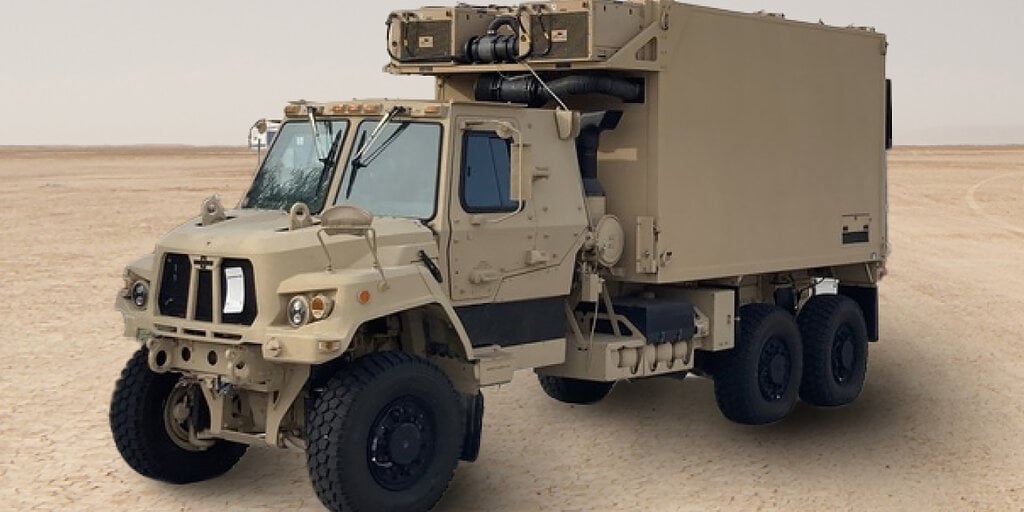The U.S. Army Selects Palantir for TITAN Development
The Denver-based software developer Palantir has been chosen by the U.S. Army to develop TITAN, the Tactical Intelligence Targeting Access Node. This decision was announced by the company on Wednesday, highlighting a $175 million contract that aims to advance battlefield technologies with artificial intelligence.
Founded in 2003 by Peter Thiel, Palantir draws its name from a crystal ball-like object used for communication and intelligence gathering in The Lord of the Rings. The company plans to leverage artificial intelligence and machine learning capabilities over the next two years to process a growing amount of battlefield data. Palantir has committed to deliver 10 systems, with half of them being designated as advanced, to be integrated into tactical trucks.
Palantir’s Chief Technology Officer, Shyam Sankar, emphasized the significance of this development, stating, “We have a vehicle that you wouldn’t traditionally associate with a software company. But we are delivering an AI-defined vehicle that’s going to provide deep sensing to enable long-range precision fire.”
Contract Award and System Overview
According to Defense News, Palantir secured the contract over industry giant RTX, formerly Raytheon, to construct the TITAN system. Sankar reiterated that TITAN represents how AI is reshaping warfare by focusing on enhancing automation for target recognition and geolocation from multiple sensors to reduce the sensor-to-shooter timelines.
The TITAN system will have the ability to detect threats across various domains such as air, land, sea, space, and cyberspace, incorporating technology from companies like Northrop Grumman, Anduril Industries, L3Harris Technologies, and Pacific Defense. Sankar expressed appreciation for the Army’s commitment to enabling new entrants to deliver innovative capabilities that transform the battlespace.
Military Advancements in AI
The military’s utilization of artificial intelligence has seen significant progress, particularly with the introduction of OpenAI’s GPT-4 last year. Despite governmental warnings about generative AI, military leaders and contractors are exploring new applications. Notable advancements include the Israeli Defense Force’s AI-powered targeting system “The Gospels” and Kratos Defense’s AI-powered XQ-58A Valkyrie warplane developed in collaboration with Shield AI.
Shield AI’s Director of Engineering, Willie Logan, highlighted the success of their AI technology in providing soldiers with vital insights in dangerous environments, emphasizing the importance of AI in enhancing military operations.
Image/Photo credit: source url




